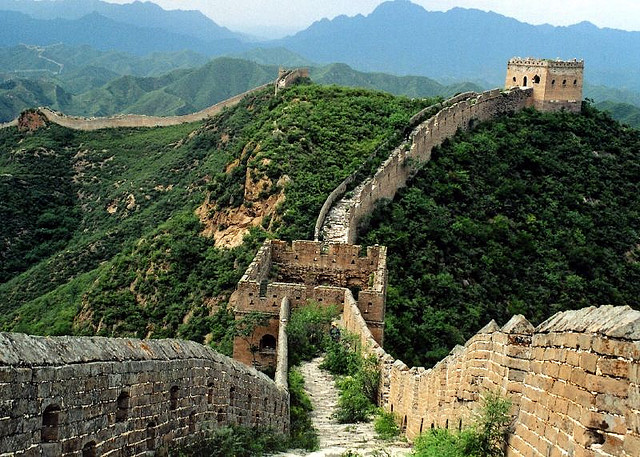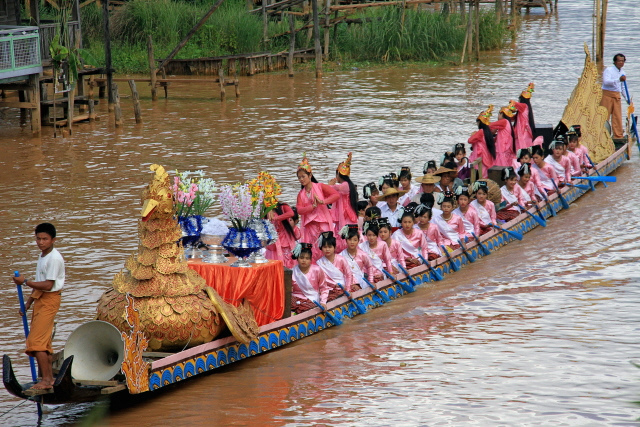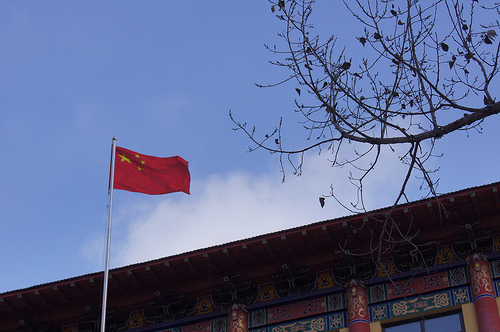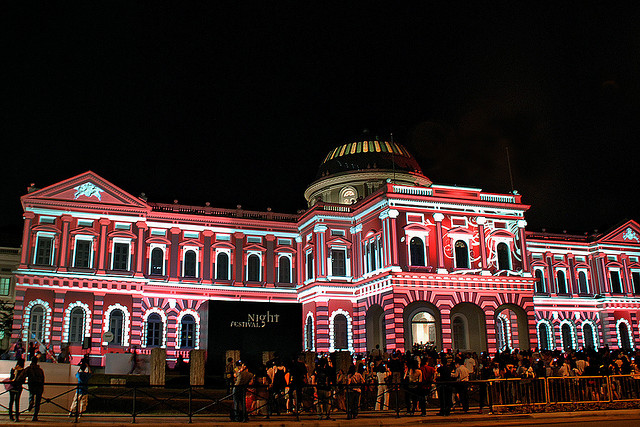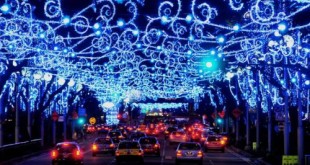A country with a long history and rich culture like China has many celebrations and festivals scattered throughout the year. Officially, the country has seven public holidays when people can enjoy a days off from work or school. Government offices and embassies, schools and most banks are closed on these days. Basic services like health and transportation run as usual. The are other occasions that are marked as holidays, but are not necessarily declared as non-working holidays. China is also noted for interchanging holiday dates in order to create a longer vacation period for the people. When this occurs, the weekend near the holidays are declared as working days to compensate.
The following dates mark the public holidays for China in 2013:
New Year’s Day – January 1 to January 3, 2013
China observes the coming of the new year based on the Gregorian calendar. This is a nod as well to the numerous nationalities who reside in China. Three days have been officially declared for this holiday, giving the Chinese plenty of time to enjoy the festivities. January 5 and 6, Saturday and Sunday respectively are counted as official working days.
Chinese New Year’s Eve – February 9, 2013
Chinese New Year – February 10 to February 15, 2013
The Chinese New Year is the most important holiday for the Chinese and is celebrated all over the world. In the People’s Republic of China, the celebrations begin from the eve of the 1st lunar month up until four days after the first day. This year’s holiday extends up until February 15, giving the Chinese one week to enjoy the holidays. The dates February 16 and 17 are considered as working days to compensate for the 14th and 15th.
Qingming Festival – April 4 to 6, 2013
The Qingming Festival is a day set for the Chinese people to visit the graves or burial places of their ancestors. It is a time for them to remember and honor their ancestors, offer prayers and spend time with their families. The Qingming Festival is one of China’s most oldest traditional holidays, having been around for more than two thousand years.
Labor Day – April 29 to May 1, 2013
The Chinese has adapted the Western practice of celebrating and honoring the workforce, their achievements and their contributions to the society and economy.
Dragon Boat Festival – June 10 to 12, 2013
This festival is also known as the Duanwu or Double Fifth, because it falls on the 5th day of the 5th lunar month. People gather to join in dragon boat races, eat rice dumplings and drink realgar wine. While there are many theories about its origin, its most popular story is related to the suicide of poet Qu Yuan.
Mid-Autumn Festival – September 19 to 21, 2013
This holiday is considered to be a integral part of the Chinese cultural heritage. It is celebrated during the full moon of the harvest season as thanksgiving. Another key part of the festival is related to moon worship, and the preparation and gifting of mooncakes is a tradition that the Chinese partake in.
National Day – October 1 to 7, 2013
The People’s Republic of China was founded on October 1, 1949. This date commemorates the occasion, and is one of the country’s two Golden Weeks. A fireworks display is held nationwide, and parades are held in Beijing.
